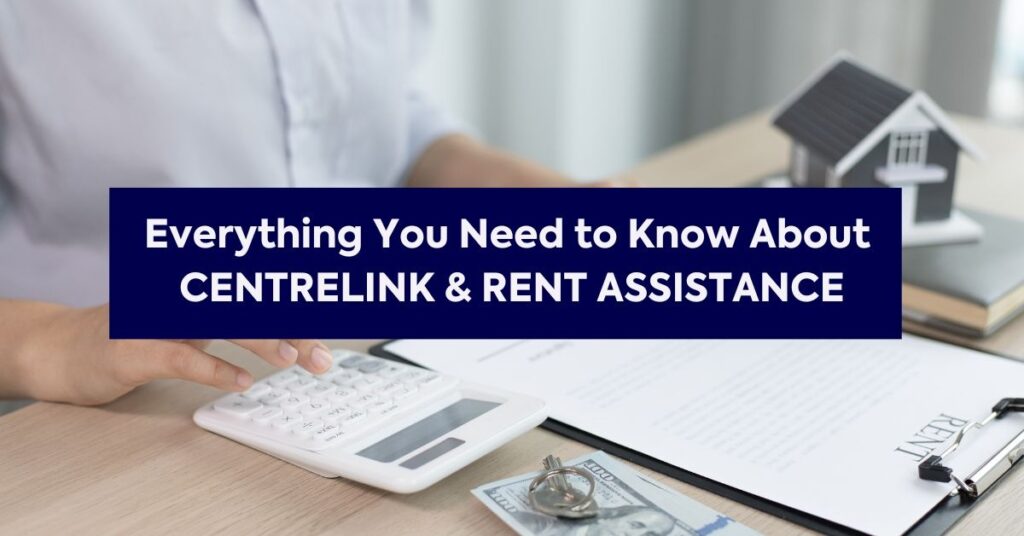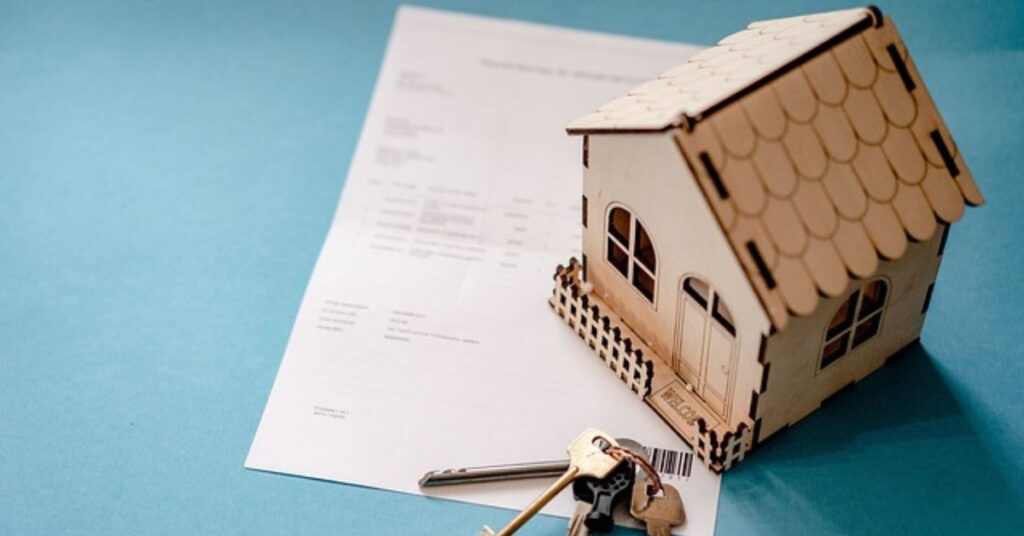The obligations of your employer regarding the payment of superannuation in Australia to you can be confusing, particularly when you’re part-time or working casually. This article outlines your entitlements so you can consider your career moves and retirement savings with understanding and confidence.
Are Casual Employees Entitled to Superannuation in Australia?
Yes, casual employees get super under superannuation guarantee legislation, all employers are required to pay a minimum of 11.5% superannuation for all eligible employees regardless of their work status (full-time, part-time, or casual). This legislation was introduced to guarantee that all working Australians have some form of retirement savings.
The Superannuation Guarantee – How Contributions Work
If you are 18 years of age or older, you will be entitled to the superannuation guarantee, irrespective of how much you earn or your work status.
If you are under 18 years of age, your employer must pay your superannuation guarantee contributions only if you work more than 30 hours per week.
Some scenarios where an employer is not required to pay super contributions are if you are:
A non-Australian resident employee earning income for work performed outside of Australia
An Australian resident employee paid by an overseas employer for work you have done outside of Australia
On a temporary working visa in Australia, working for an overseas employer with a bilateral social security agreement
If you’re a casual or part-time worker and you’re unsure about whether you’re entitled to superannuation, you can use this super guarantee eligibility tool from the ATO to check.
How Are Superannuation Contributions Calculated & Do Casual Employees Get Super in Australia?
From 1 July 2024, employers will need to pay superannuation at the rate of 11.5% of an eligible employee’s earnings (up from the previous financial year of 11%), based on “Ordinary Time Earnings” (OTE). OTE includes gross wages, for example, as well as additional payments for shift loadings or hours that fall outside a normal business day, minimal general allowances, and bonuses.
Overtime hours, expense allowances, and any reimbursements paid to an employee are not included in an employer’s superannuation obligations. If you were to not have an employer that could correctly identify regular versus overtime hours, they must pay superannuation based on the total number of hours worked.
How Do You Check If Your Employer Has Paid Your Super Contributions?
Finding out if your employer is paying superannuation contributions is straightforward.
Look at your payslip – it should display how much the employer has paid and when the amount was deposited into your superannuation account.
Contact your superannuation fund – if you’re unsure about your contribution amounts and payments, you can check your superannuation account balance and transactions by logging in online or by calling your superannuation fund. All employers must remit required superannuation contributions for employees eligible under Australian employment law.
NGS Superannuation For Casual Employees
All workers (including part-time and casual) can join NGS Superannuation. Our members have access to competitive fees, award-winning insurance, and sound investment performance through our investment options and expert investment managers.
Casual workers commonly have multiple superannuation accounts, which means they have to pay fees every year regardless of whether or not they use that superannuation account. We can assist you in consolidating your superannuation balance to avoid paying an annual fee on an account that you no longer use.
If you’ve changed your employer, your address, or your personal identifying details, you’re likely to have some lost or unclaimed superannuation. Learn to find your lost superannuation.
What Do I Do If I Have More Than One Superannuation Fund?
If you have had several jobs, you are likely to have superannuation in more than one fund. Consolidating your superannuation can save you money as you would only pay one set of fees, it reduces your paperwork, and makes it easier to keep track of your super. If you’re a Nationwide Superannuation member, we will make it easy by contacting your other superannuation funds for you and transferring your superannuation into your Nationwide Superannuation account, free of charge. If you do have superannuation in other funds, you will need to look at the fees charged to you by those other funds and whether any exit fees will be incurred. You should also consider whether there will be any loss of life insurance cover.
If you need to find out if you have any super, how to find lost superannuation, or to establish if you are able to consolidate your superannuation, please reach out to us.












